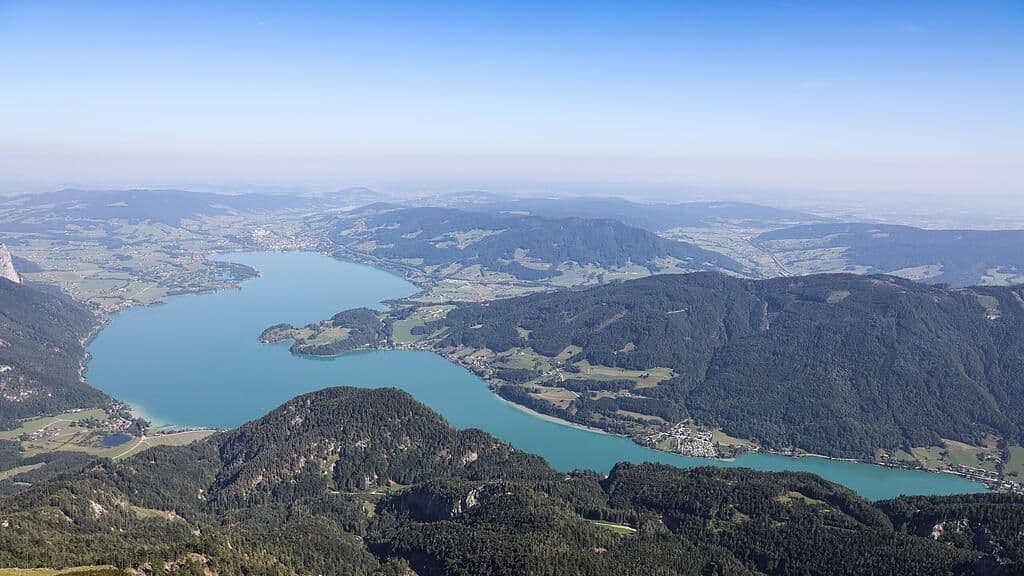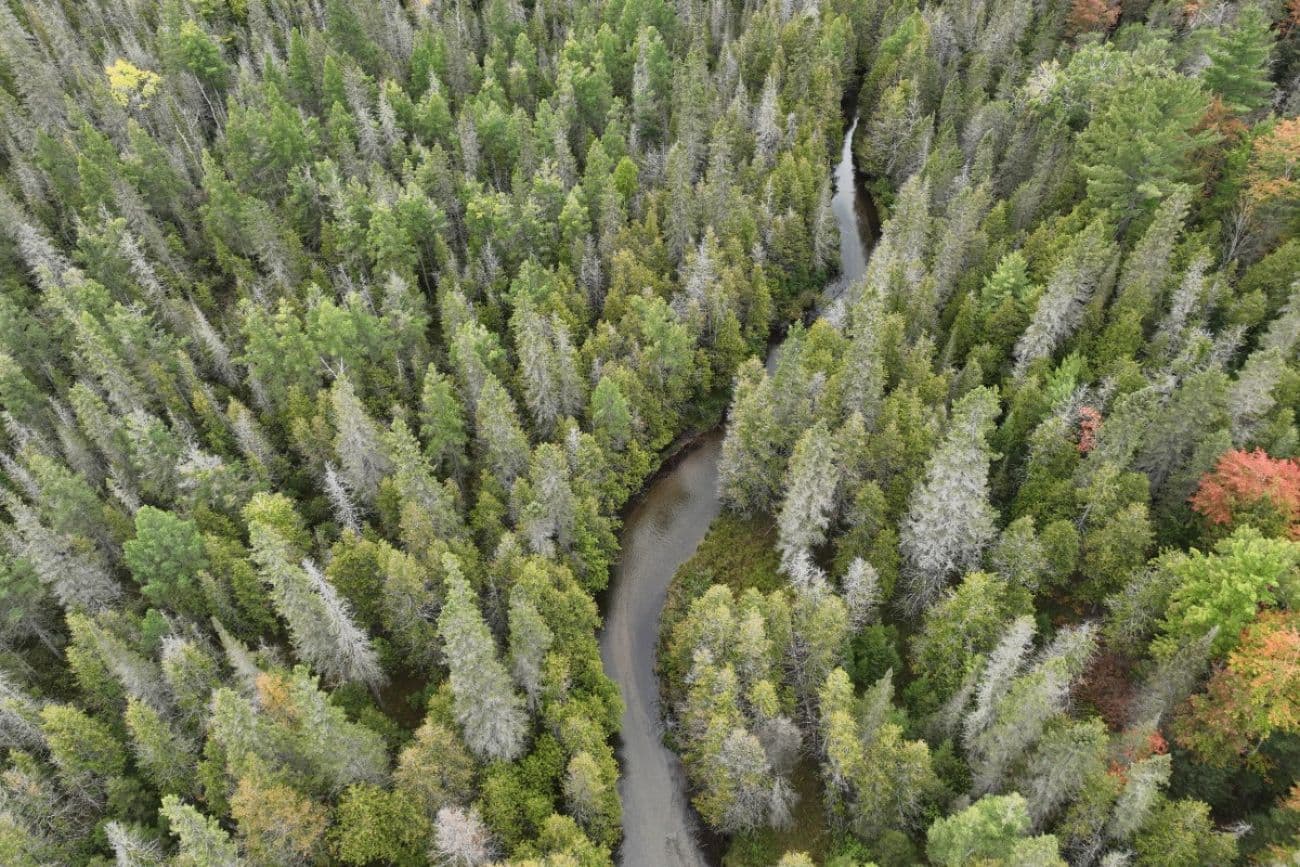The Mondsee Maelstrom: Navigating the Future of Private Lake Access
A storm brews on Mondsee as new owner Anna Mathyl invokes special termination rights for all leases. Delve into the complex future of lake access & use.
A Sudden Shift on Salzkammergut's Jewel
A wave of unease recently rippled across , the largest privately owned lake in Austria's picturesque Salzkammergut region. At the heart of this disruption is , the lake's new proprietor, who has apparently initiated the termination of all existing rental and lease agreements. This significant move, reported by the "Oberösterreichische Nachrichten" (OÖN), was communicated via a circular letter, catching many off guard. , a municipality bordering the lake, confirmed receipt of this unexpected notice through its mayor, . Just a year prior, the 14.2 square kilometer lake was transferred to Anna by her mother, , signifying a generational shift in ownership. Mathyl's letter, invoking her "statutory special right of termination," explicitly states that "private or commercial uses of Mondsee for which no express legal or written permission from me as the lake owner exists are prohibited." This abrupt declaration has certainly stirred the waters, leaving many local residents and businesses pondering the immediate future of their long-established lake activities. While the exact scope and implications are still unfolding, the initial shock has set a new tone for the relationship between the lake's owner and its community.
The Legal Currents: Understanding "Sonderkündigungsrecht"
's decision hinges on what is referred to as "gesetzliches Sonderkündigungsrecht" – a statutory special right of termination. This legal provision, as cited in her circular, allows a new owner to terminate certain existing contracts under specific conditions, particularly when the previous agreements were not concluded directly with them. It's crucial, however, to understand what this right does and does not affect. Mayor was quick to clarify that general recreational activities on the lake remain untouched. Swimming, sailing, surfing, diving, and boating are protected by an "Allgemeinrecht" (general right), meaning these activities are universally permitted and do not require the owner's specific consent. The terminations, therefore, are not targeting public access to the water's surface. Instead, they are directed at leases for specific infrastructure physically anchored to the lakebed: buoys, jetties, and huts. This distinction is vital, as the municipality of owns the water's surface, while is the proprietor of the ground beneath the water. This nuanced ownership structure explains why only lakebed-anchored structures are subject to these terminations, highlighting a complex legal landscape often unseen by the casual lake user.
Community Ripples: Local Concerns and Reassurances
The suddenness of 's communication undeniably sent ripples through the community. Mayor of Marktgemeinde Mondsee described the unannounced circular as "alarming" for some, underscoring the initial surprise and uncertainty it generated. Despite this, both Mayor of and Mayor have worked to reassure their constituents. They emphasized that the fundamental right to enjoy the lake for recreational purposes – swimming, sailing, and general boating – remains fully intact. The affected parties are primarily those with specific infrastructure like buoys or jetties. For instance, the municipality of itself holds a lease for a small six-square-meter jetty, making them directly, albeit minimally, impacted. Both mayors expressed optimism for a "benevolent solution" for all affected parties, citing a "good relationship" with the new owner. They framed the general issuance of such a letter as a standard procedure during changes in ownership, particularly since the original lease agreements weren't made with herself. This nuanced response from local leadership aims to balance community concerns with the realities of property rights, fostering a sense of hope amidst the initial apprehension.
Beyond the Buoys: Envisioning a New Era for Mondsee
While the immediate focus has been on the terminated leases, 's broader intentions suggest a more significant shift for . Although she has yet to issue a formal statement, she indicated to the OÖN her plans to elaborate on a "planned ecologically and economically sustainable use of the lake." This brief comment offers a glimpse into her long-term vision, hinting at a future where lake management might prioritize environmental considerations alongside commercial viability. Her circular also invited those interested in new agreements to contact the (Mondsee Lake Administration). This suggests that the terminations are not an outright ban on private or commercial use, but rather a strategic step to reassess and renegotiate existing arrangements under new terms. This approach could lead to a restructuring of how the lake's resources are utilized, potentially introducing stricter environmental guidelines for new leases or a more consolidated approach to commercial operations. The coming months will likely reveal more about this "new era" for , as articulates her strategy for balancing conservation with the economic activities that have long defined the lake's vibrant ecosystem and its surrounding communities.
Private Property, Public Expectation: A Delicate Balance
The situation at perfectly encapsulates the intricate dance between private property rights and long-held public expectations regarding natural landscapes. In Austria, where many lakes remain in private hands, this tension is particularly pronounced. While , as the owner of the lakebed, possesses the legal right to manage and control structures anchored within her property, the public has grown accustomed to a certain degree of access and established practices. The "Allgemeinrecht" for general recreational activities on the water's surface ensures that the lake remains accessible for leisure. However, the termination of leases for buoys, jetties, and huts highlights where private ownership can significantly impact established commercial and personal uses. This case serves as a poignant reminder that even in seemingly public spaces, underlying private ownership can redefine the rules. The challenge now lies in finding a harmonious equilibrium – one where the owner's right to manage her property is respected, while the community's connection to and reliance on the lake are also acknowledged. The outcome at could set an important precedent for how similar privately-owned natural resources are managed across Austria, navigating the delicate balance between inherited rights and the evolving public demands for access and sustainable use.
Related Articles

Mondsee's Legal Depths: Unpacking the Future of a Cherished Alpine Lake

Mondsee's Legal Depths: Unpacking the Future of a Cherished Alpine Lake

Beyond the Lease: Mondsee's Reckoning with Ownership and Access

Beyond the Lease: Mondsee's Reckoning with Ownership and Access

Siófók's Summer of Shadow: Navigating the Delicate Balance of Protected Pests and Thriving Tourism

Siófók's Summer of Shadow: Navigating the Delicate Balance of Protected Pests and Thriving Tourism

Beyond the Auction Block: Crafting Your Legacy on Michigan's Wild Frontier
